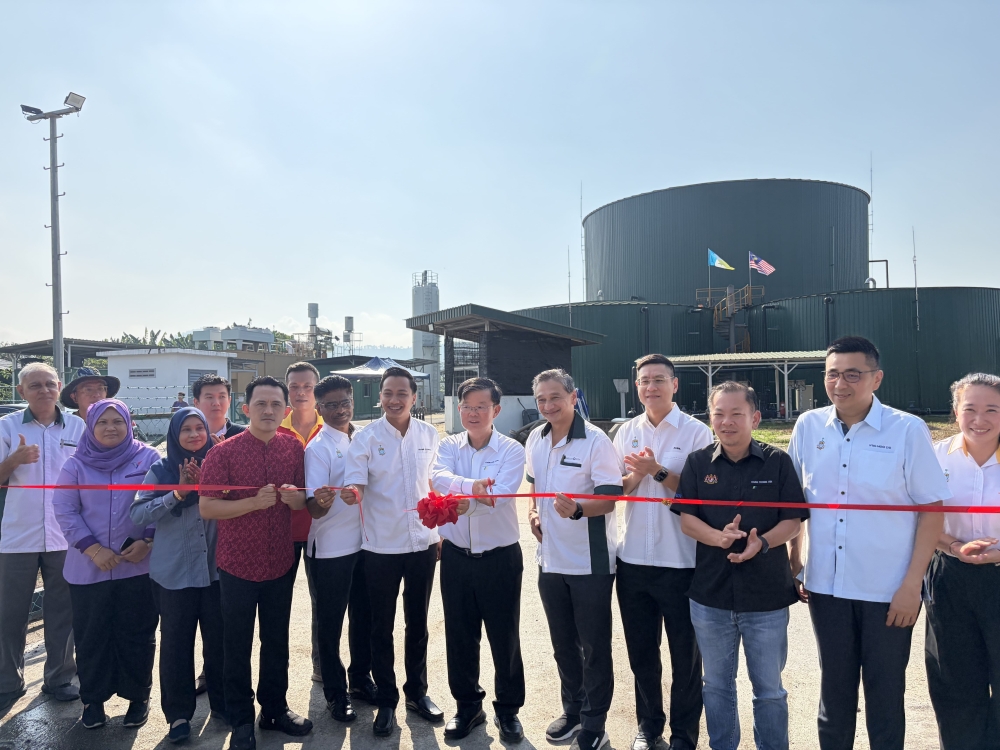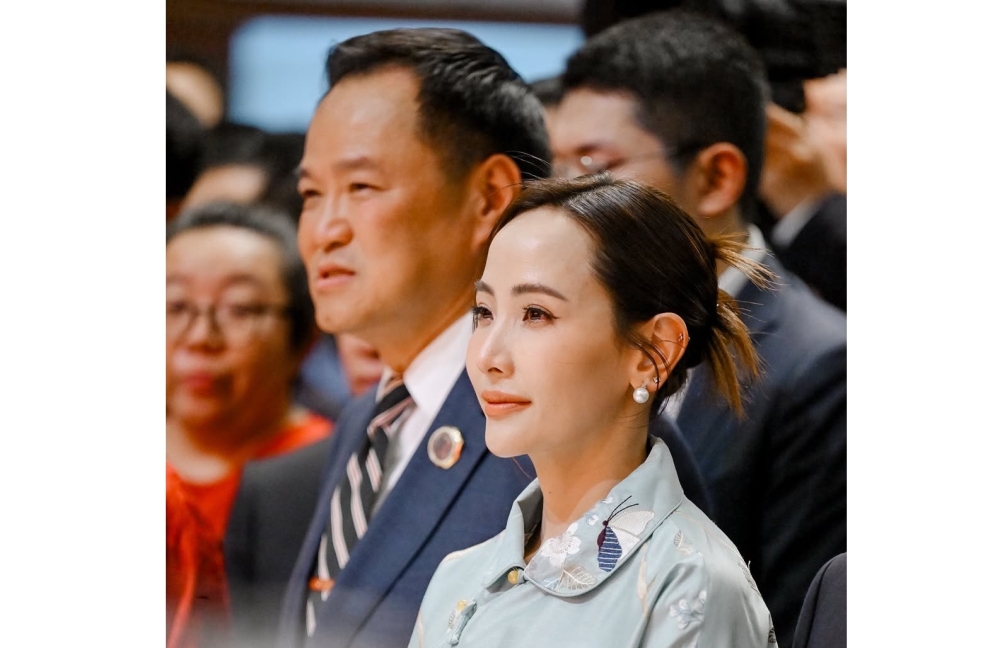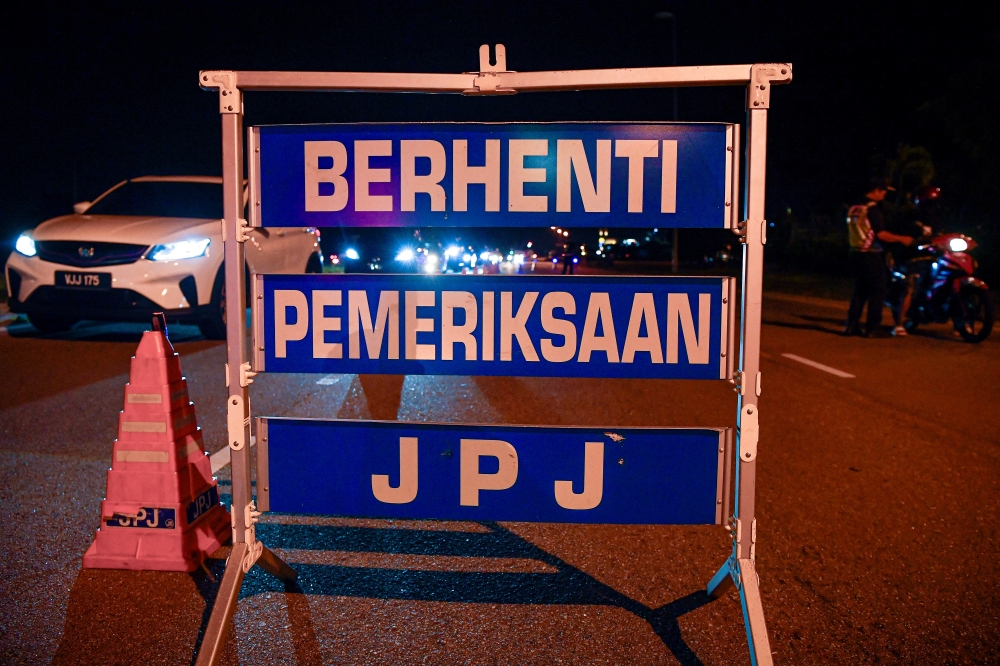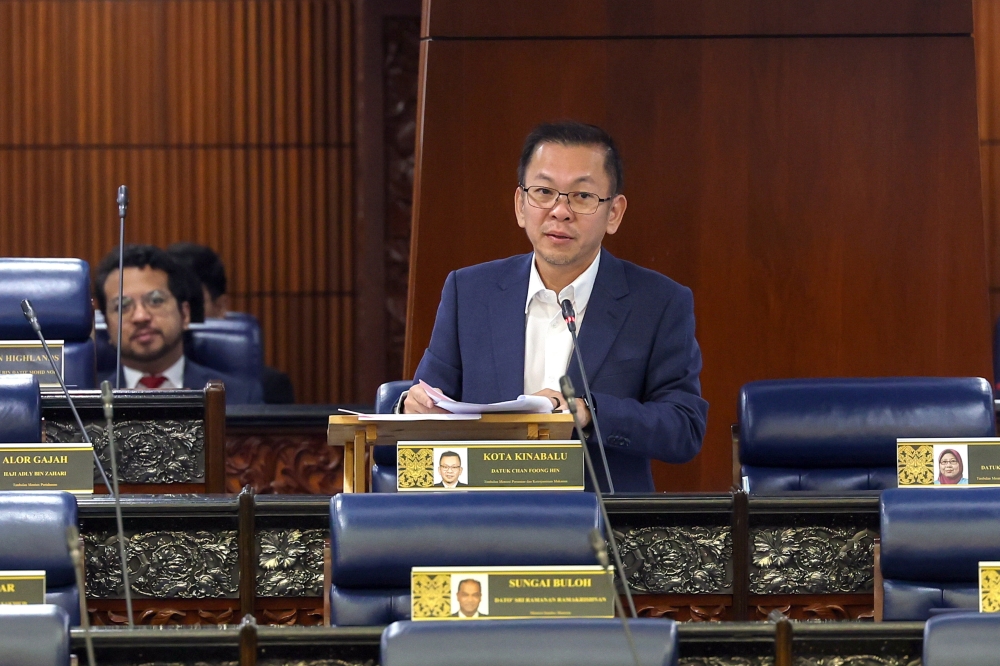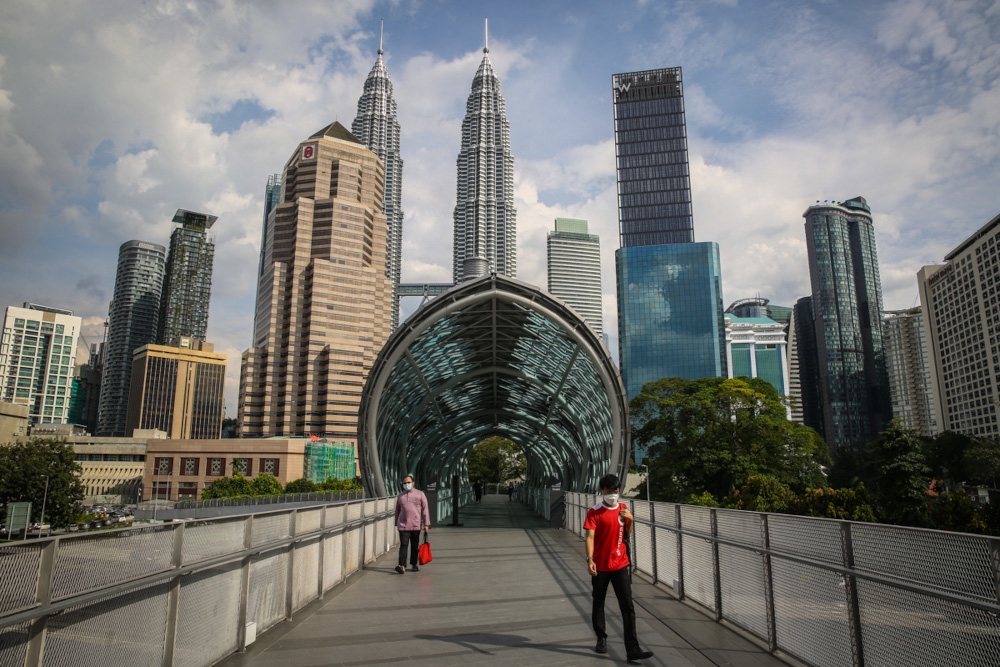JULY 11 — Last week I had the privilege of co-organising a visit of 28 former national athletes to the National Sports Complex in Bukit Jalil.
The VIP visitors included icons such as track legends Tan Sri Dr Mani Jegathesan and Datuk Rabuan Pit; cycling star Rosman Alwi; football legends Datuk Soh Chin Onn and Datuk Santokh Singh; Jeffrey Ong who created waves in the pool in the 80s and 90s; and SEA Games hurdles queen Noraseela Mohd Khalid.
The visit of these sports stars to the new and improved sports complex was intended to give them a first look at the reimaged sports hub now known as the Kuala Lumpur Sports City (KLSC).
The visit was meant to honour their achievements and contributions to the nation and the gathering of former national sportsmen and women.
The organisers even went as far as bringing 1961 SEAP Games gold medallist for javelin Ng Kah Liew from Taiping and putting him and his family up in a 5-star hotel so they could be part of the tour.
The visit served as a reminder of how great we can be as a sporting nation and judging from the reaction of the press corps which comprised many youngsters who were not even born when some of these champions were trailblazing sporting arenas around the world, it seemed that the trip down memory lane worked.
In our midst we had Olympians, SEA Games, Asian Games and Commonwealth Games gold medallists and record breakers and even holders of unbroken 50-year records.
Smartphones and selfies were the order of the day once the official duties of the media were over.
“I have only heard of their names but I never met them before,” said one awe-struck reporter.
Many of the older veterans including Santokh, hockey Olympian Datuk R. Yogeswaran and double international Karu Selvaratnam spoke of a time when playing for King and country was the only reward.
At a time before the millions in government allocations and corporate sponsorship that today’s sportsmen and women enjoy, these athletes would finance their own passage to compete in places as far flung as Mexico and the Bahamas.
Many of them after retirement returned to serve as coaches, managers, civil servants and even in the ex-Athletes Welfare Foundation to care for their own.
Others like badminton ace Datuk James Selvaraj joined the corporate sector and used his position to contribute to the nation’s sports development.
Ng retired as a teacher and was selling fruits in Bukit Larut before he was rediscovered.
He said news about his fate as a “forgotten athlete” did not comprehensively capture the message he was trying to send.
“Sorry to say but many athletes today play for money and celebrity. Pride and national glory is secondary,” said Ng.
The fact that only six football players showed up to wear national colours for the SEA Games is a worrying illustration of Ng’s concerns — notwithstanding the political and one-upmanship games that are played between football officials and clubs.
Several veterans also pointed out that the coming together of many ethnicities at the tour also served as a timely reminder of the uniting force of sports.
Today unfortunately having a truly “Malaysian” contingent is becoming a rarity as it would seem that fewer non-Malays are participating or qualifying in sports such as football and hockey, while Malay participation in an Olympic medal sport such as badminton is confined to coaching and technical staff.
With the mushrooming of religious conservatives within the administration and political circles, we tend to lose out potential world class athletes, notably women in sports such as gymnastics and aquatic events as many are discouraged from pursuing their talents for the perverse reasons of a few.
Our veterans who command the respect of many Malaysians including the policy makers must make their voices heard.
Several of them have complained of being exhausted in trying to convince officials and policy makers that capabilities and merit are the only criteria in donning national colours; and a more equitable distribution of funds for the development of respective sports.
Many had given up after a while, however, that as a singular force their opinions and suggestions can make a difference. Perhaps it’s time to come out of retirement and stop being politically correct.
The resurrected Malaysian Olympians Association (MOA) comprising respected champions can lead the way as a sports watchdog and pressure group to help take us back to the glory days of sports where our achievements are enhanced and commensurate by a sound policy, passionate athletes and officials who put aside their bickering and self-interest to put the nation first.
* This is the personal opinion of the columnist.









